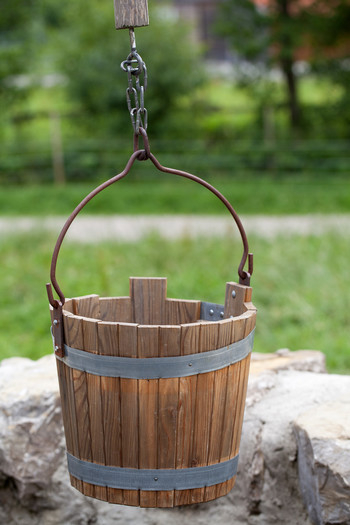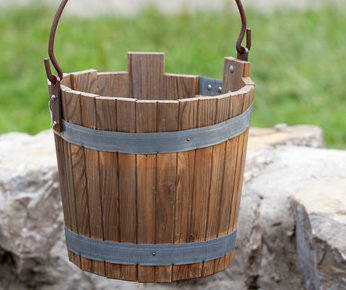 As we are speaking I am headed to Paradise Valley, Montana for a family vacation. I seriously cannot remember the last time just the five of us were away together and I could not be more excited. And, although we are converging in James’ neck of the woods, I hope it will feel like we are worlds away. Our plan is to fly fish (of course!), hike, and visit Yellowstone. Will definitely write about our trip, but for now, that is another story.
As we are speaking I am headed to Paradise Valley, Montana for a family vacation. I seriously cannot remember the last time just the five of us were away together and I could not be more excited. And, although we are converging in James’ neck of the woods, I hope it will feel like we are worlds away. Our plan is to fly fish (of course!), hike, and visit Yellowstone. Will definitely write about our trip, but for now, that is another story.
Taking a vacation in Montana was on my sister-in-law Ann’s bucket list, and happily, she accomplished it by visiting James last summer. My cousin Karen, who lives in Arizona, checked a bucket list item off her list last weekend when she took a hot air balloon ride. The term bucket list has intrigued me for years. Where did it come from? Surely, it was in existence before it was popularized in the 2007 film The Bucket List.
The phrase “kick the bucket” has been in use at least since 1785 when it first appeared in Grose’s Dictionary of the Vulgar Tongue with its meaning, to die. There are a few suppositions about its origin, such as when a hangman literally kicks a bucket out from underneath a person who will die by hanging, but, to me, the most plausible definition regarding its use in hanging is, “in 16th Century England, bucket had an additional meaning, that is, a beam or yoke used to hang or carry items. The term may have been introduced into English from the French trébuchet – meaning a balance, or buque, or yoke. That meaning of bucket was referred to in Peter Levins’ Manipulus Vocabulorum. A Dictionarie of English and Latine Wordes, 1570: a bucket or beam, and was used by Shakespeare in Henry IV Part II, 1597: Swifter than he that gibbets on the Brewers Bucket.” (To gibbet meant to hang). (phrases.org)
But when did we start saying that a number of experiences or goals that a person hopes to have or accomplish during his or her lifetime is a bucket list. June Thomas wrote in 2011, in her blog When Did People Start Saying “Bucket List” that:
“In 2004, the term was used—perhaps for the first time—in the context of things to do before one kicks the bucket in the book Unfair & Unbalanced: The Lunatic Magniloquence of Henry E. Panky, by Patrick M. Carlisle. That work includes the sentences, ‘So, anyway, a Great Man, in his querulous twilight years, who doesn’t want to go gently into that blacky black night. He wants to cut loose, dance on the razor’s edge, pry the lid off his bucket list!’”
So there it is, a list of things you’d like to do before you die, a modern day phrase we all take for granted as having been around forever – which perhaps has only been in use for 15 years.
Whether you are an experienced world traveler or a dreamer with wanderlust, creating a bucket list for travel in one’s lifetime seems like the thing to do. Mark Twain wrote: “Twenty years from now you will be more disappointed by the things you didn’t do than by the ones you did do. So throw off the bowlines, sail away from the safe harbor. Catch the trade winds in your sails. Explore. Dream. Discover.”
Many people think of a bucket list as a travel guide. I do have a few places I would like to visit but I am going to combine them with a quest for something else I desire – first editions of the following novels I have loved in my lifetime bought in the cities or places where they are set.
My Top Ten Bucket List
Travel to England and find:
-
Mary Poppins by P.L. Travers, London, England
-
Jane Eyre by Charlotte Bronte, Northern England
-
Pride and Prejudice by Jane Austen, East Midlands of England
-
A Tale of Two Cities by Charles Dickens, London, England, and Paris, France
-
Great Expectations by Charles Dickens, London, England
Travel to Russia and find:
6. Anna Karenina by Leo Tolstoy, Moscow, St. Petersburg, the Russian Countryside
7. War and Peace by Leo Tolstory, St. Petersburg
Travel in the U.S. and find:
8. Wizard of Oz by Frank Baum, Kansas
9. Little Women by Louisa May Alcott, New England and possibly Concord, MA
10. The Great Gatsby by F. Scott Fitzgerald, Long Island and New York City
You all know I believe that books are a way to travel, so as Twain said, I will explore, dream, discover from the porch – unless I am browsing in The Bookplate or on a bucket-list trip searching for a rare book!
Nancy Mugele is the Head of School at Kent School in Chestertown, a member of the Board of the Association of Independent Maryland and DC Schools, a member of the Board of Horizons of Kent and Queen Anne’s, a member of the Board of Chesapeake Charities, and a member of the Education Committee of Sultana Education Foundation.



Write a Letter to the Editor on this Article
We encourage readers to offer their point of view on this article by submitting the following form. Editing is sometimes necessary and is done at the discretion of the editorial staff.